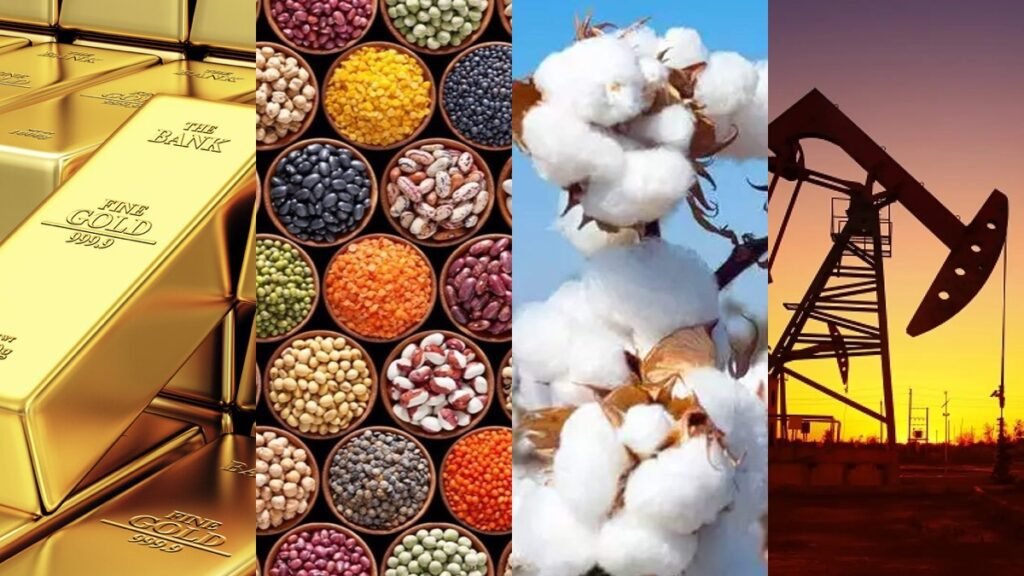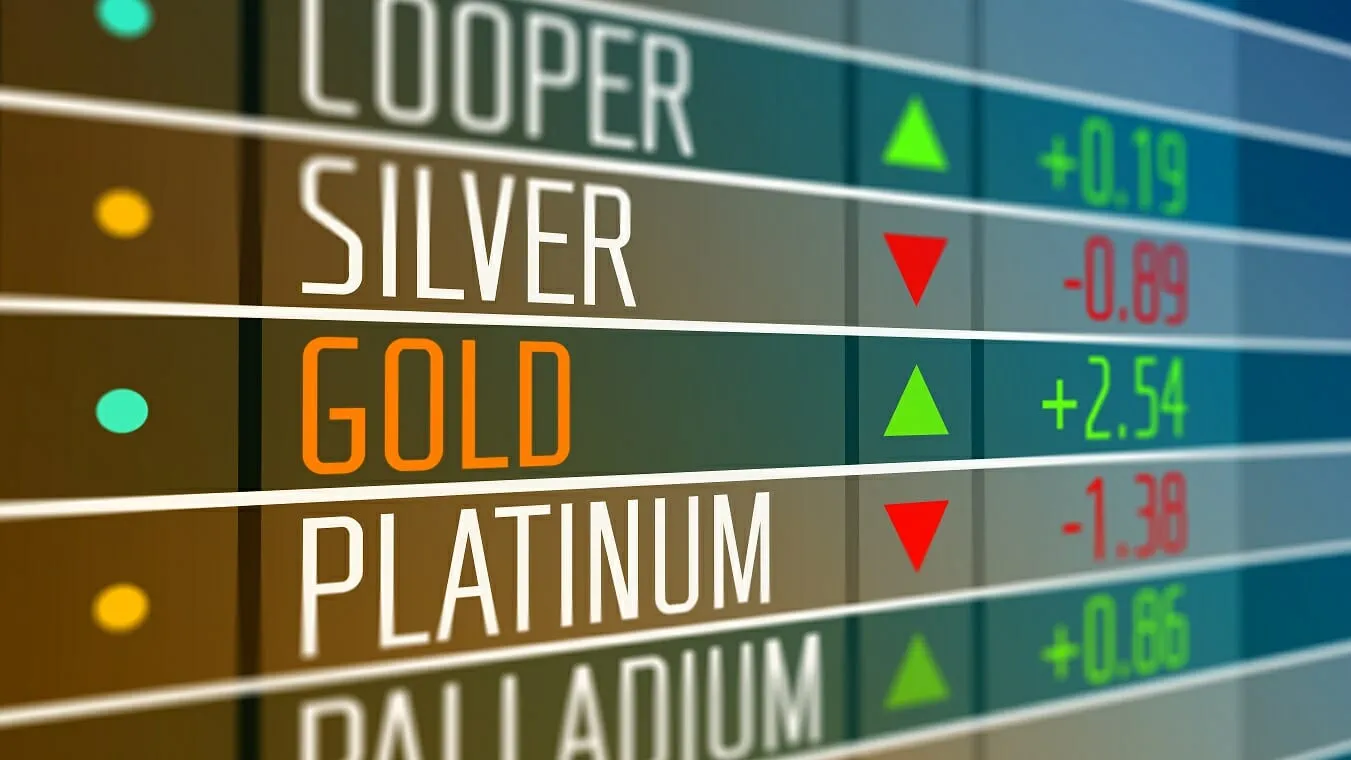How to invest in commodities: A beginner’s guide
Table of Contents
Commodities are raw materials or primary agricultural products that are traded in large quantities. They include products such as crude oil, gold, silver, natural gas, corn, wheat, and soybeans. Investing in commodities is a popular way to diversify an investment portfolio and potentially earn significant returns. However, investing in commodities is not without risks, and it requires careful research and planning. Here’s a beginner’s guide on how to invest in commodities.
Understand the Basics
Before investing in commodities, it’s important to understand the basics of the market. Unlike stocks and bonds, commodities are physical goods that have a limited supply. Their prices are determined by supply and demand and can be influenced by factors such as weather conditions, political unrest, and economic growth.
Determine Your Investment
Strategy There are different ways to invest in commodities, including buying physical commodities, investing in commodity futures, and investing in commodity-based exchange-traded funds (ETFs). Each method has its own benefits and risks, and investors should choose the method that best fits their investment goals and risk tolerance.
Invest in Physical Commodities
Investing in physical commodities involves buying and holding the actual commodity. This can be done by purchasing gold coins or bars, silver coins or bars, or other physical commodities. Physical commodities can be stored in a safe or a bank vault, and their value is determined by their weight and purity.
Invest in Commodity Futures
Commodity futures are contracts to buy or sell a specific commodity at a predetermined price and date. Futures contracts are traded on commodity exchanges such as the Chicago Mercantile Exchange (CME) and the New York Mercantile Exchange (NYMEX). Futures trading requires a significant amount of capital, and investors should have a thorough understanding of the market and the risks involved before investing.
Invest in Commodity-Based ETFs
Commodity-based ETFs are investment funds that track the price of a specific commodity or a basket of commodities. These ETFs can provide exposure to a variety of commodities without the need to buy and store physical commodities or trade futures contracts. However, like any investment, ETFs carry risks, and investors should research the fund’s holdings and performance before investing.

Choose Your Commodities
Wisely Not all commodities are created equal, and each has its own unique set of risks and rewards. When investing in commodities, it’s important to choose the ones that align with your investment goals and risk tolerance. For example, gold is often seen as a safe-haven asset and can be used as a hedge against inflation, while oil prices can be volatile and can be influenced by geopolitical events.
Stay Informed
Like any investment, the commodity market can be volatile and unpredictable. It’s important to stay informed about market trends and economic events that can impact commodity prices. Investors should also regularly review their investment strategies and make adjustments as needed.
In conclusion, investing in commodities can be a lucrative way to diversify your investment portfolio, but it requires careful research and planning. By understanding the basics of the market, determining your investment strategy, and choosing your commodities wisely, you can potentially earn significant returns while managing the risks associated with this type of investment.
FAQ
What are commodities?
Commodities are raw materials or primary agricultural products that can be bought and sold, such as gold, silver, oil, and wheat.
Why invest in commodities?
Commodities can provide diversification and act as a hedge against inflation. They also have the potential for significant returns in times of market volatility.
How can I invest in commodities?
There are several ways to invest in commodities, such as buying physical commodities, investing in commodity futures, and buying shares of commodity-based exchange-traded funds (ETFs).
What are the risks associated with investing in commodities?
Commodities can be highly volatile and subject to unpredictable supply and demand factors. Investing in commodity futures can also carry a significant amount of leverage, which can amplify losses.





